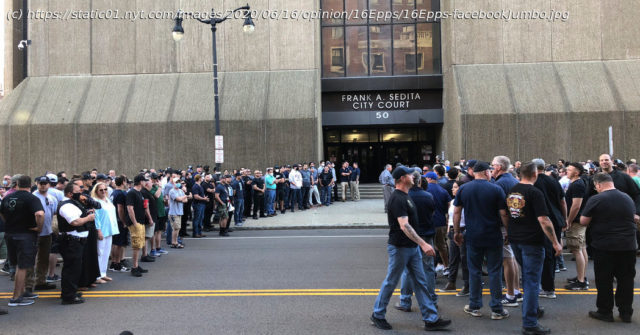A host of reasons raise questions about the effectiveness of this reform.
The national movement galvanized by the killing of George Floyd has created the possibility of transformational change to policing. One reform that has generated broad discussion is eliminating “qualified immunity,” the court-created doctrine that makes it difficult for people whose civil rights are violated by police officers to obtain money damages in lawsuits. There are good arguments for getting rid of this immunity, or at least seriously restricting it. But abolishing it is unlikely to change police behavior all that much.
Qualified immunity shields government officials from personal liability in federal lawsuits unless they violate “clearly established” federal law. That means that even if a police officer violates someone’s constitutional rights, the victim can’t obtain damages from the officer unless he or she can show that the officer violated a right explicitly recognized by a prior court ruling.
In theory, this requirement protects government defendants from unexpected liability when law changes. In practice, courts apply the doctrine aggressively to shield officers from lawsuits unless plaintiffs can point to other cases declaring essentially identical conduct unconstitutional — a difficult hurdle, even when police conduct appears clearly wrong.
Indeed, even if the former police officer Derek Chauvin is convicted of murdering Mr. Floyd, it’s quite plausible that a court could refuse to hold him liable for violating Mr. Floyd’s constitutional rights if his lawyers were unable to point to an earlier case making clear that the specific action Mr. Chauvin took — kneeling on a restrained person’s neck for more than eight minutes — was unconstitutional.
In recent years, an unlikely coalition seeking to end qualified immunity has emerged. Left liberals and libertarians argue that qualified immunity improperly denies recovery to injured persons and encourages police misconduct. At the same time, some legal conservatives have questioned qualified immunity’s doctrinal foundations. These critics argue that the Supreme Court improperly innovated when first recognizing the doctrine, which isn’t enumerated in the Constitution or in any federal statute.






